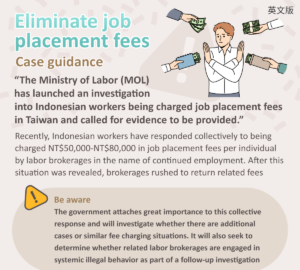(FWA 2025/10/29)Following a recent African Swine Fever (ASF) outbreak at a Taichung pig farm, concerns have been raised about loopholes in border prevention. A legislator pointed out that while penalties range from NT$200,000 to NT$1 million, there is still a proviso exempting mailed items from fines, raising fears that this fails to deter speculative behavior. The legislator demanded the Ministry of Agriculture (MOA) propose revisions. The Animal and Plant Health Inspection Agency (BAPHIQ) stated that verification is difficult but that it will address any deficiencies.
On October 29, the Legislative Yuan’s Internal Administration Committee invited the Ministry of the Interior (MOI), BAPHIQ, and the Customs Administration for a special report and inquiry on the “Review and Refinement of Border Quarantine and Inspection Mechanisms to Prevent African Swine Fever.”
Legislator Niu Hsu-Ting questioned the penalties and their actual enforcement regarding illicit pork products brought in by passengers or through the mail—the three main channels along with smuggling.
BAPHIQ stated that penalties for both passengers and mailed items start at NT$200,000. However, BAPHIQ noted that mailed items involve traceability issues; packages sometimes have mismatched sender and recipient information. Administrative investigations leading to fines are relatively rare; although over a thousand suspected cases were found, only 9 fines were issued.
The Customs Administration added that 286 cases were found in mail packages this year. Recipients often claim they did not know why the package was sent, and penalizing them might be inappropriate if it was not intentional or negligent.
Niu Hsu-Ting pointed out that although mailed pork products can incur heavy fines of NT$200,000 to NT$1 million, the MOA’s announcement—based on Article 28, Paragraph 1, Subparagraph 2 of the “Statute for Prevention and Control of Infectious Animal Diseases”—includes a proviso: “first-time, unintentional importation will not be penalized.”
He argued this could encourage opportunism among ill-intentioned individuals, failing to create a deterrent and increasing the enforcement burden on border quarantine. He also noted that the exemption clause adds to the difficulty of enforcement and administrative workload, as it requires the agency to prove the “unintentional” element. He demanded the MOA propose revisions to mend this breach in the epidemic prevention system quickly.
BAPHIQ responded that it would address any deficiencies and that legislative amendments require further discussion. BAPHIQ added that besides the ban on mailing pork from affected regions, recipients who receive such items and fail to immediately submit them to quarantine authorities for destruction will be fined NT$30,000 to NT$150,000 for violating Article 45, Subparagraph 13 of the same statute.
The MOI stated that non-resident foreigners who illegally carry pork products into the country and fail to pay the fine on the spot are immediately denied entry, with 606 such cases to date. The MOI continues to strengthen outreach to new immigrants, migrant workers, and foreigners via cell broadcast messages, emails, and social media.
Regarding inspection and prevention, a list of vendors selling Southeast Asian and Chinese food products has been compiled. Contact channels have been established with the Food and Drug Administration and local health bureaus to strengthen cooperation in advocacy, inspection, and investigation. Personnel fluent in Southeast Asian languages have also been assigned to monitor relevant websites and social media for intelligence.





